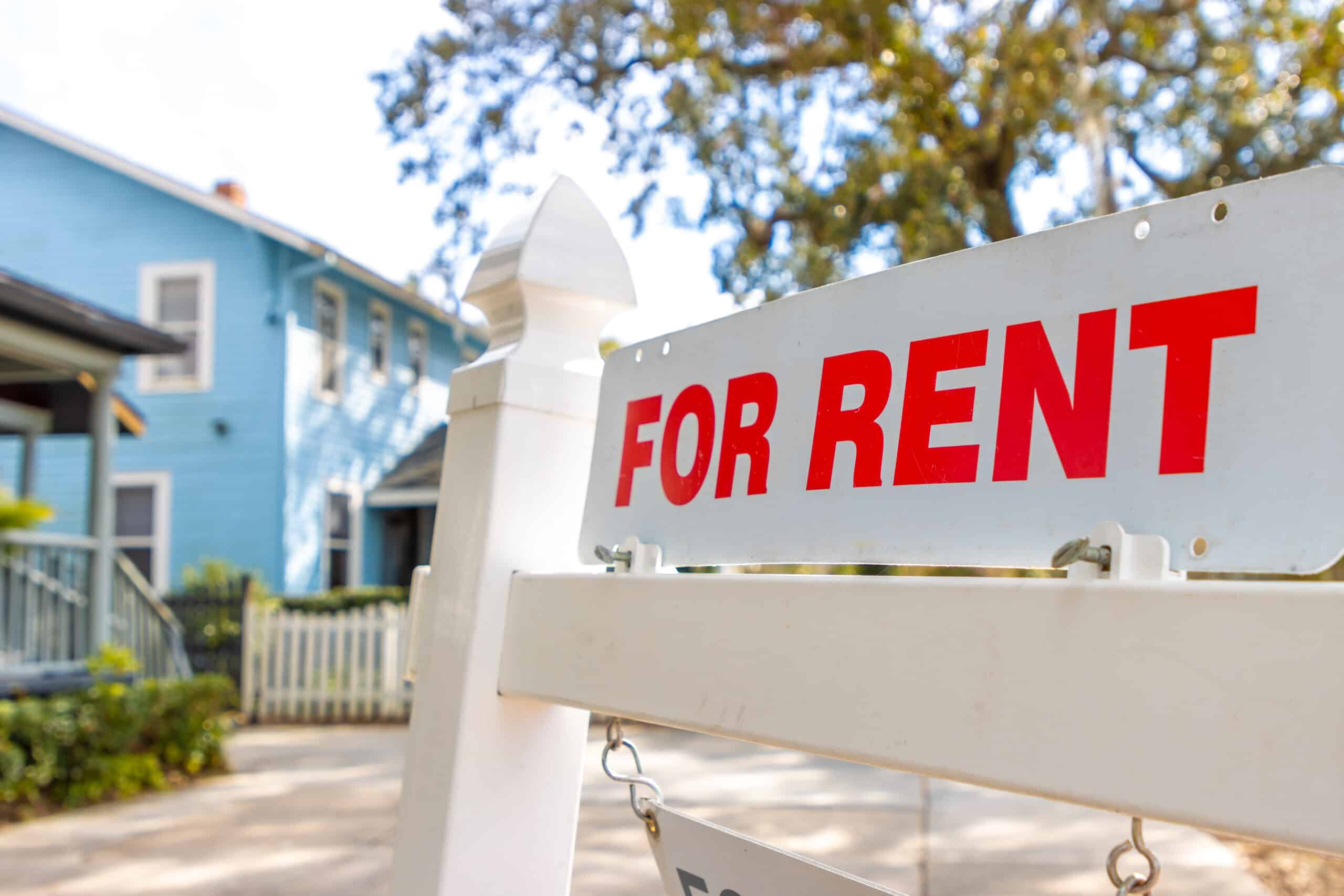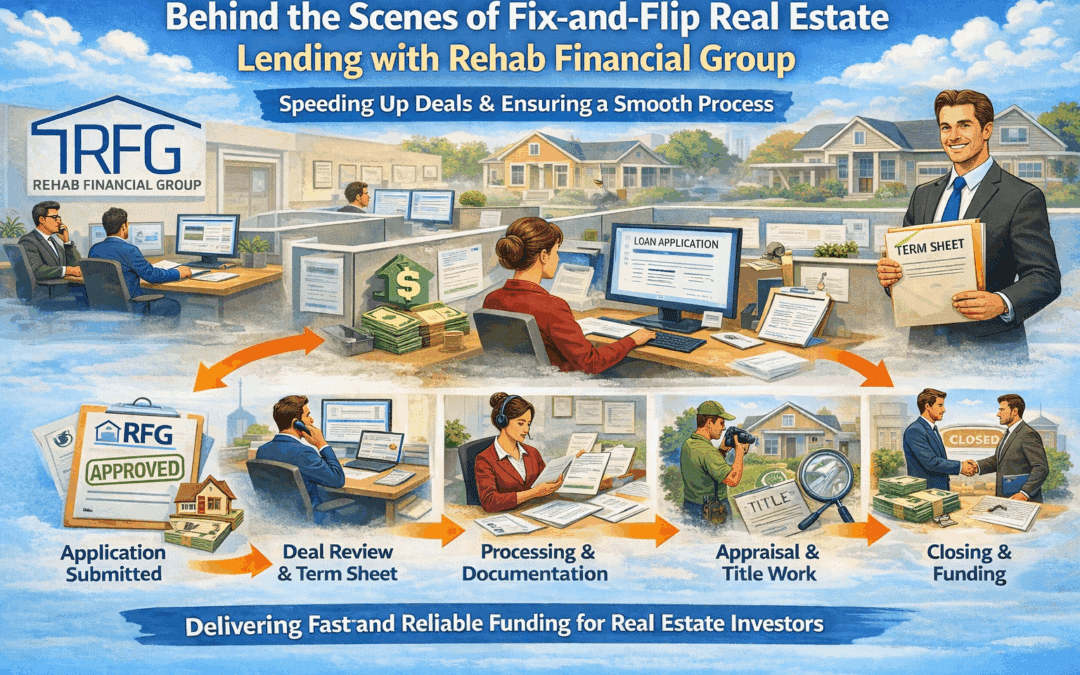Don’t forget to account for these savings when determining your ROI for different holding strategies.
It is difficult to find deals that cashflow or offer a decent ROI in many markets. In addition, some markets are saturated with rentals, which puts downward pressure on occupancy and rents, forcing property owners and managers to offer incentives to attract tenants. This situation even affects some short-term rental (STR) markets. An investor must be educated and work with an experienced team to navigate these changing markets.
One solution is to look out-of-state for opportunities. For example, Michigan, where we serve clients, has many markets that offer cash flow, rent growth, and appreciation. And Michigan has many inland lakes and the longest freshwater coastline of any state. Only California has more registered boats than Michigan. It is a domestically popular travel destination and attracts many international travelers as well. Given this, Michigan is a strong market for short-term rentals near the coasts and on many of the inland lakes, and in college towns and city centers.
Short-term rentals provide more cash flow than long-term rentals, and they offer something else that long-term rentals can’t: a reduction in W-2 or active income taxes. These tax breaks are important to anyone with a job or business, especially high-income earners.
Best Use of a Property
It is hard to beat the returns short-term rentals provide in a healthy short-term rental market. A student rental or group home might come close, depending on the area. In Ann Arbor, Michigan, for example, some investment properties use both student and short-term rentals to achieve cash flow in what is traditionally a tough market to achieve cash flow with a long-term rental.
It is important to note that not all short-term rentals are profitable. You must have the right team to identify a profitable location and property, avoid regulatory issues and stay compliant, and use a property manager that maximizes revenue, occupancy, and property value.
Find Winners
Tools like AirDNA can help you analyze a property and market, but we like to partner with a statewide short-term rental management company. This company manages properties in the markets where our clients are looking and can validate, in real time, what they’re experiencing with the properties they manage as well as the current regulatory environment.
In general, you want a property on water, near other draws like a downtown area, hospital, business center, trails, nature areas, beaches, and all-season sports and festivals. Larger properties also do better because extended families can stay together. Pools, hot tubs, and gaming areas also add to property demand and occupancy.
When we are considering a property, our short-term rental property manager can tell us if they like the property, if the market is saturated with other STRs, the average daily rate, the average occupancy rate, average monthly and yearly revenue, how to add value and revenue, and insight into the regulatory environment, if any.
Buy Well

Once we have identified a property in a market that looks favorable for STRs, we then have to do our due diligence.
Our goal is to provide multiples in value to our client through the price and terms we negotiate, the team, and the level of experience and services we provide compared to our compensation. Basically, our goal is five to 10 times the value we provide compared to our compensation.
The first order of business is to research fair market value looking at recent sold comparable sales and comparing that to the asking price. We want to see the asking price is at or below fair market value. Starting with an asking price that is too high makes it difficult for our buyers to get a good deal, and it may be better to find a more reasonable or motivated seller.
We do not advise our clients to engage in multiple offer situations; someone will lose because they will make an emotional decision. Instead, our initial offer is always below asking price and below market value. The goal is to find a motivated seller. To do this, you make a verbal offer to gauge their level of motivation. If the seller agrees to your lower initial offer, then you know it is worth writing up, and your client is likely to get a good deal.
When writing our offers in Michigan, we include that earnest money is due after satisfactory inspection, so our clients’ money is not tied up longer than it needs to be. It is easier to move on to the next deal if it doesn’t work out. We give ourselves 10 days to have the property inspected. Often we write offers on properties we have not seen in person but have vetted carefully.
Once under contract, we schedule our inspector for the end of the 10 days and we pre-inspect the property and the area. We also determine whether we need other specific inspectors for the foundation, roof, mechanical and electrical systems, drain, or well and septic. If so, we schedule them during the inspection period. We can also move on from a property quickly if it does not pass pre-inspection, saving everyone valuable time. The goal of the inspection is obviously to do a thorough job and to learn what we are dealing with. It also allows us to negotiate a second price reduction for anything we find.
Many times, we can get two price reductions for our clients and a great deal for them to be able to start their STR business.
A few tips on buying well:
Furnishings. If furnished already, ask for the furnishings to be included at no cost. Sellers commonly accept this request.
Neighbors. Always talk to the neighbors to get a feel for the area. Find out whether other STRs are operating nearby and whether neighbors are accepting of the situation. You can also learn what property management practices to avoid to keep neighbor relations good.
Primary Residence? Check whether the property was a primary residence or bought a while ago. Either situation or both will have the property taxes “pop up” on you in Michigan, and you must factor that into your all-in mortgage payment.
Local Government Outreach. Verify whether STRs are allowed in the area by talking to the local governing authority. You’ll discover, for example, whether you must buy an existing STR because they are not allowing new ones, STRs are not allowed at all, there are rules for starting new STRs, or there are no rules or regulations at all.

Tax Savings
Investing in STRs is a powerful way to reduce your W-2, 1099, or other active or business income. Many people are not aware of this, and we help educate our clients and provide them with referrals to other professionals to help them maximize their tax savings.
Basically, the IRS considers a short-term rental a form of active business if you document 500 hours of what they call “material participation” of your time actively helping run the STR. Then, the normal real estate depreciation can be used to reduce your active income taxes.
There are two other ways to reduce
your taxes:
Bonus Depreciation. Bonus depreciation is a way to write off the cost of certain parts of a short-term rental in the first year it is brought into service. Basically, the cost of anything that can be depreciated faster like furniture, landscaping, hot tubs, flooring, fixtures, etc. can be written off in the first year.
For property acquired on or after January 20, 2025, the bonus was set to be 20%, but with the passage of recent tax legislation, investors may take 100% of the cost of the above-mentioned items in the first year of service. Note: The previous rate still applies for property acquired before January 20, 2025.
Cost Segregation. Another strategy STR investors take advantage of involves a cost segregation study. This is a process where a study is performed on a property to break it into its component parts, accelerating the depreciation and pulling forward tax savings. This can be done on any property, not just an STR.
Short-term rentals can be a powerful way to reduce your active income taxes. Not everyone knows this or how to. We have the team to do it at a high level.
Maximize Profits
Obviously, before a property is purchased, all due diligence should be completed to ensure the property will be profitable as a short-term rental and the price should have been negotiated down. The key to maximizing profits, however, is effective property management and excellent reviews.
Property managers are an underrated part of your real estate investing team, but that is where the money is made, especially with short-term rentals. You have a few options with property management: You can manage it yourself, hire a property manager, or use a co-host. Whichever option you choose, you want to maximize revenue and property value and reduce costs.
Some of the ways to maximize profit are:
Super-Host/Co-host. Use a Super-Host property manager or co-host—or become one yourself. This—along with solid reviews—will help your property rank higher on searches in your area.
Use dynamic pricing. Tools exist to help you manage pricing across all platforms; basically, you want to factor peak season and when there are local events or festivals nearby that would support higher pricing.
Offer additional services. Rent boats or jet skis. Offer event planning services. Offer massage or spa experiences.
Bottom Line
Markets are changing. Investing in short-term rentals can help you achieve cash flow in areas where it is difficult to find cash-flowing properties—and they can help you powerfully reduce your W-2 or active income taxes.
Buying a short-term rental well is critical. Not all STRs are profitable. Having an experienced team to make sure the property is profitable and the area not saturated with other STRs is key. You want a team that will do the due diligence on the property and negotiate the price down.
Managing your property well, getting excellent reviews, and offering extra services is the way to maximize STR profits.
To Your Success!
























0 Comments